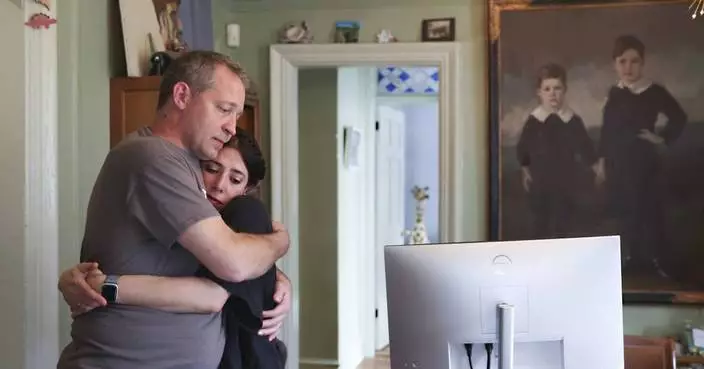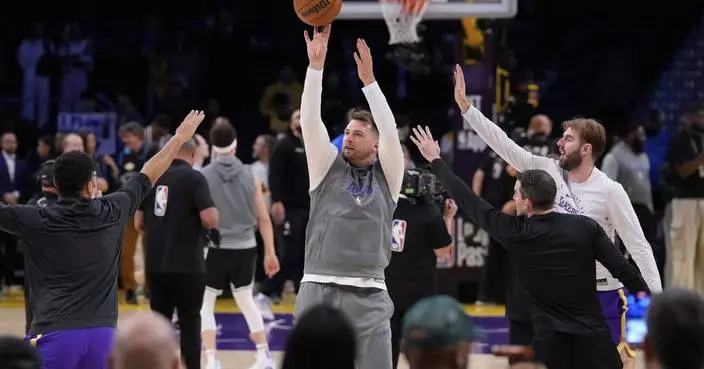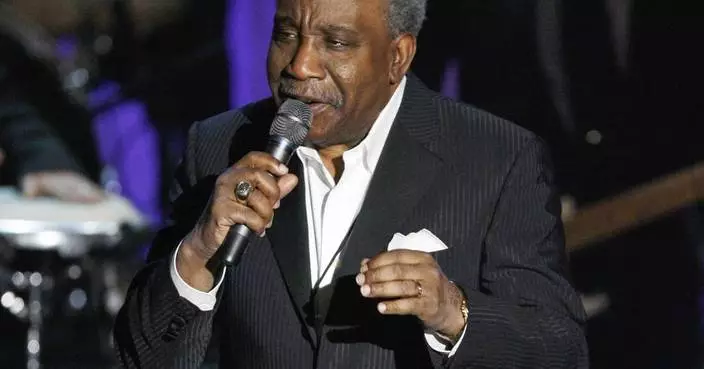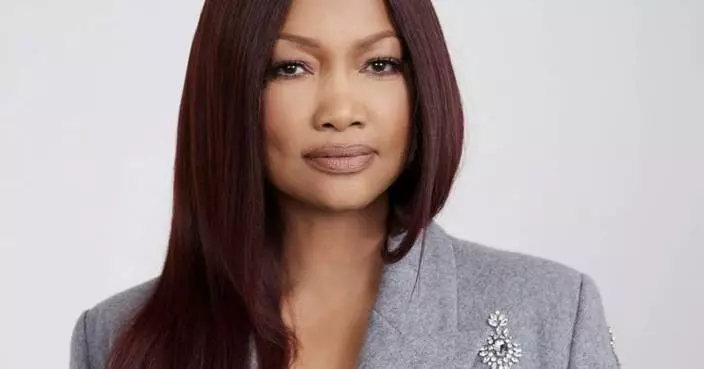Stephanie Rodas, 28, has been anorexic for 16 years. She used to be obese and often bullied at school at 13. She began to eat less, and her weight dropped to as low as 55 lbs at one stage when she looked more like a ‘walking skeleton’.

“I felt I looked very ugly when I was 13,” said Rodas. “I was over-weight, and my classmates nicknamed me ‘fattie’. Everyone would throw food at me in the canteen.”

When she was 17, her family took her to a hospital in New Jersey for treatment, but her condition continued to deteriorate. She was never cured, but managed to obtain a discharge from the hospital by learning a few ‘tricks’ from fellow patients by meeting food intake requirements. Subsequently, her condition turned from bad to worse, and the many years of treatment have failed to produce positive results.
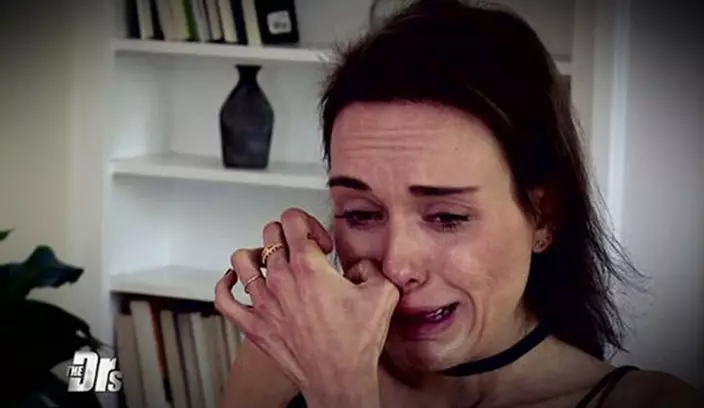
In February, she became unconscious for three days after taking painkillers and was close to death.

She recently appeared on ‘The Doctors’, an American TV show, where she appealed for treatments that could cure her ailment. “There must be a cure somewhere,” she said. “I have never felt I could make it, and I don’t know if I could overcome this hurdle.”

She then underwent a number of tests, including blood test and ultrasound, in order to ascertain the damage anorexia had done to her body, before doctors could decide on the treatment.
TOKYO & SAN FRANCISCO--(BUSINESS WIRE)--Mar 19, 2025--
Ample will deploy a network of swapping stations in Tokyo, with an initial focus on supporting commercial fleets in the logistics sector. This expansion of Ample’s swapping network will provide additional swapping coverage and capacity, with each station able to support over 100 vehicles. The initiative, backed by the Tokyo Metropolitan Environmental Public Corporation, will advance Tokyo's goal of cutting greenhouse gas emissions by 50% by 2030 by offering additional charging solutions for the city's millions of commercial vehicles.
This press release features multimedia. View the full release here: https://www.businesswire.com/news/home/20250319728282/en/
In early 2024, Ample entered the Japanese market by deploying battery swapping stations in Kyoto in partnership with Mitsubishi Fuso Truck and Bus Corporation (MFTBC) and ENEOS Holdings. The Kyoto deployment demonstrated core benefits of modular battery swapping for fleet electrification, including fast energy delivery, minimizing changes to fleet operations, and reducing load on the electric grid by slowly charging the batteries in the swapping station.
“Tokyo is one of the world’s most advanced cities in sustainable urban development and one of the largest markets for commercial deliveries, making it the perfect place for our next deployments as we expand our presence in Japan,” said Khaled Hassounah, CEO of Ample. “By providing a fast and scalable solution for commercial fleets, we’re helping the City of Tokyo set an example for how densely populated cities can electrify. We’re honored that the Tokyo Metropolitan Environmental Public Corporation has selected Ample and its Japanese partners to demonstrate the potential of EV battery swapping.”
Japan is a global leader in automotive manufacturing, and since the 1970s, the sector has been a cornerstone of the Japanese economy. However, in recent years, Japan has been slow to adopt electric vehicles. Obstacles to electrification include long charging times, power limitations, and space constraints in dense Japanese cities. Battery swapping provides a fast and convenient way to power EVs, similar to the refueling experience at a gas station. Importantly, the Mitsubishi Fuso Truck and Bus Corporation (MFTBC) and Mitsubishi Motors Corporation (MMC) will bring their innovation and leadership in electric vehicles to the demonstration. MFTBC is known for its leadership role advancing zero emission commercial vehicles. MMC pioneered one of the world’s first mass-produced EVs and is a trusted mobility provider for urban logistics.
Ample manufactures and operates a modular battery swapping ecosystem which fully charges EVs in five minutes, providing fleet operators with a seamless alternative to gas-powered fueling stations. Ample’s modular batteries are designed to be a drop-in replacement for the original EV battery, making the technology compatible with most EV models. The company’s compact, rapidly deployable stations can be installed in just a few days, providing a practical solution for high-utilization vehicles operating in dense urban environments like Tokyo.
To see a video of how Ample’s battery swapping stations operate, go to: https://www.youtube.com/watch?v=5QeQ3VM4A4w


(Photo: Business Wire)










